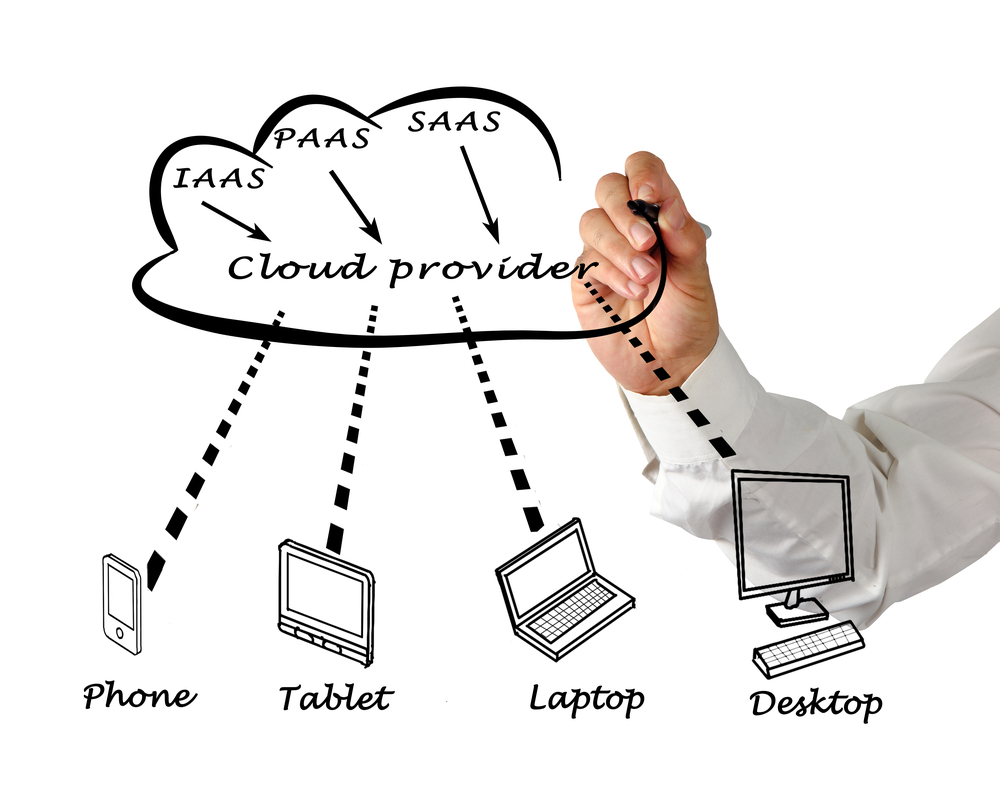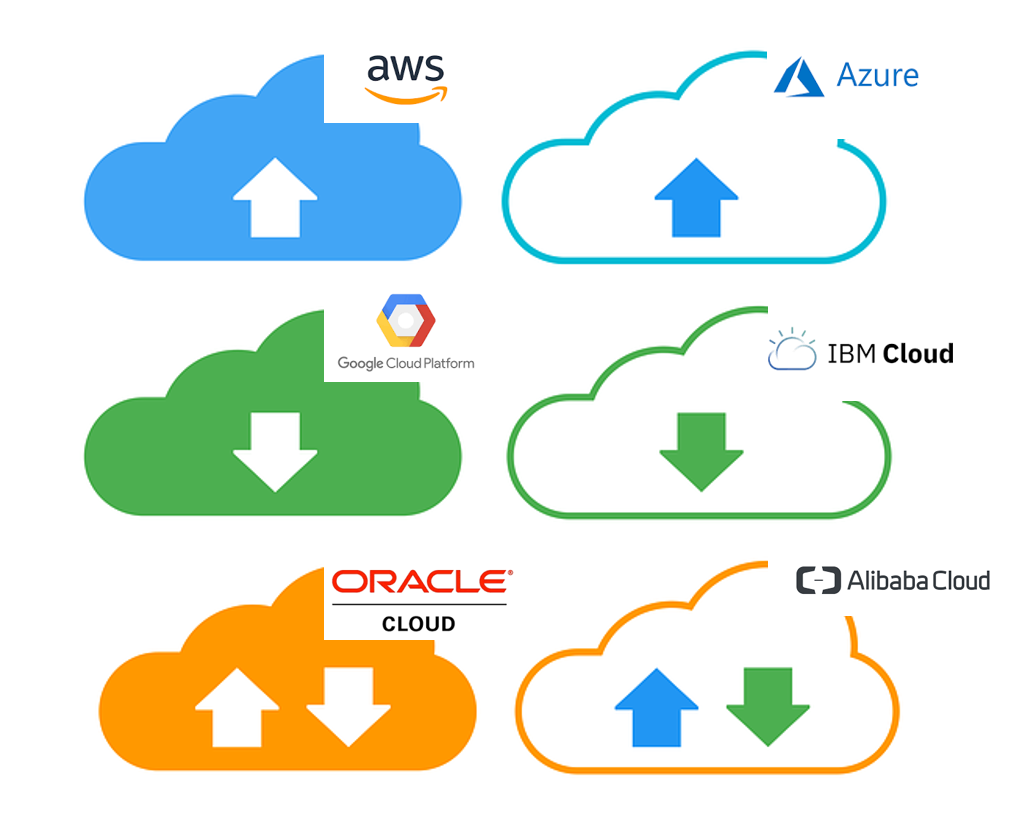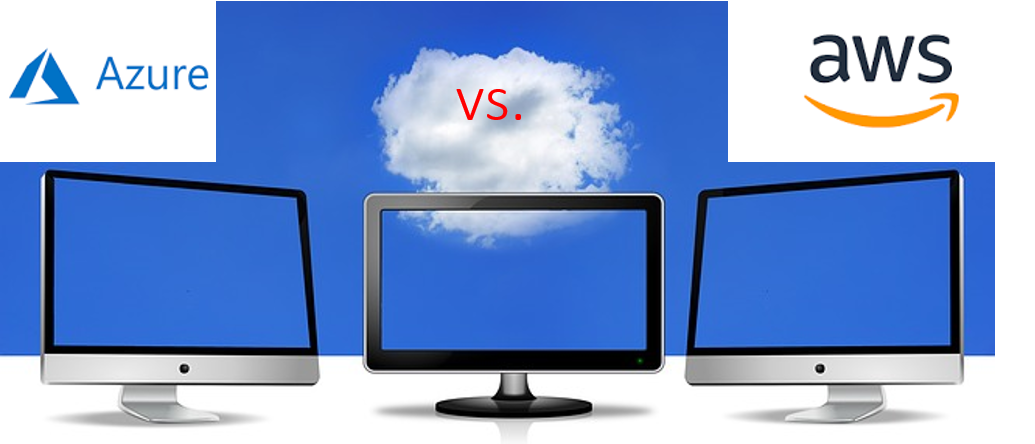Stop wasting money in the Cloud
Cloud costs and spend is going up for SMB and Enterprise customers across the board as companies initiate experiments in the Cloud to moving from experimentation to setting up and migrating production workloads. Along with this increase in Cloud investment, proportionately the Cloud spend waste is also going up. In this post we are going to outline some common Cloud utilization scenarios which may lead to cloud spend waste. Along with that we will also offer guidance and recommend some tools to optimize Cloud costs.
The Rise of Alibaba Cloud (AliYun)
A little history
Alibaba Cloud is an Alibaba Group company, headquartered in Hangzhou China and is the top provider of Cloud computing services in China. Alibaba launched its cloud business back in 2009, just three years after Amazon unveiled AWS. Alibaba Cloud or “AliYun” made an investment of $1B in 2015 to get more focused in competing with the big Cloud providers. The ROI on that investment is showing up now as it is being ranked in the top five or six top global cloud providers list according to two separate industry reports. At home in China, it is the #1 cloud provider with over 40% market share along with Microsoft and AWS are which are in the top five list. Recently Alibaba Cloud made a big splash in the media with their recent cloud offerings to non-Chinese customers in Europe. Read More
Understanding cloud service models: SaaS, PaaS and IaaS
Cloud providers such as Microsoft, Amazon, Google and others offer cloud services through their data centers to their customers via thin clients and other existing legacy apps. Cloud customers don’t need to have servers installed on-premises and can just sign up with the provider to get all the services alternatively from the provider’s servers in their data centers located globally. Majority of these cloud services can be grouped into three service models: Software as a Service (SaaS), Platform as a Service (PaaS) and Infrastructure as a Service (IaaS). These are primarily the basic build blocks of cloud computing and all granular services, offered by the cloud providers, are mapped to one of these models. As an example if you are using Google Docs, which is part of G Suite, you are utilizing the Software as a Service (SaaS) model. All the Cloud services are subscription based where you pay a monthly fee depending on the service and usage of that particular service. This is completely different than the traditional model of paying for software licenses and services upfront.
Just starting to work on your cloud strategy?
Most of the cloud strategy conversations tend to pivot around costs savings but that should not be the only factor you should consider when formulating your cloud strategy. Some key topics to include in your strategy discussion are security, resources required to configure and manage cloud services, monitoring and managing costs, governance and compliance. Let’s take on these key factors one by one to understand them a bit more in detail.
Enterprise cloud strategy incomplete without multi-cloud assessment
As you build your cloud enterprise strategy to start using the cloud or to migrate some of your workloads to the cloud, you need to consider multi-cloud as a core pillar of the of your Cloud strategy discussions. Let’s try to understand multi-cloud first. Multi-cloud by definition is to have multiple Cloud providers providing various Cloud services to you.
Azure set to win the Cloud war against AWS
So the numbers are in and looks like Microsoft Azure is closing the gap with AWS for certain types of customers and for others it has surpassed AWS. RightScale State of the Cloud report reveals some very interesting trends and how Microsoft is gaining ground from the AWS territory. You may want to check out the complete RightScale 2018 Cloud report if you are interested in digging deeper and learning more about how the Cloud industry is transforming.
Azure seems to be either gaining a lot of ground or is inching ahead of AWS when we talk about SMB (Small & Midsize Businesses) , new Cloud users and new enterprise customers. This seems to be in alignment with Microsoft’s strategy to help customers in adopting and consuming their Azure cloud services and this strategy is definitely is working and paying off for them.
Join our Mailing List
Subscribe to our mailing list and get additional information on Digital Transformation, Cloud, AI, ML, IoT, Emerging Technologies, Education, Training and other related topics
Thank you for subscribing.
Something went wrong.






